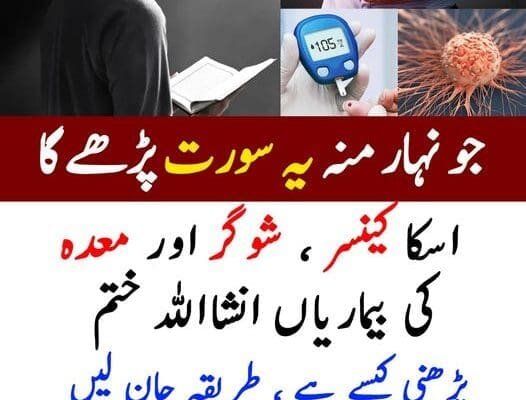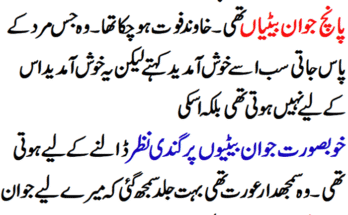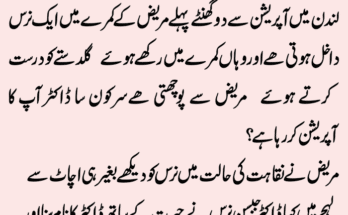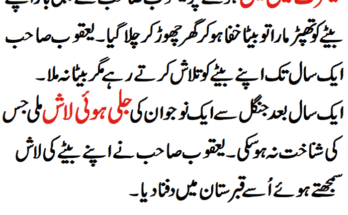In the realm of faith and spirituality, various beliefs are intertwined with the hope of finding solace and healing from ailments that afflict the human body. One such belief centers around a Surah, a chapter from the Holy Quran, and its purported power to alleviate the suffering caused by cancer, diabetes, and stomach diseases. While the medical community continues to make strides in treating these conditions through scientific methods, this article explores the deep-rooted belief in the healing potential of reciting a specific Surah.
The Surah in Question
The Surah in question is Surah Al-Fatiha, the first chapter of the Quran. It is revered by Muslims worldwide and is recited in their daily prayers. It is also known as the “Opening” or “The Opener,” as it is considered the opening prayer of the Quran. Surah Al-Fatiha is not limited to being a mere recitation; it is also believed to hold immense spiritual and healing power.
Healing Power of Surah Al-Fatiha
Spiritual Comfort: For many believers, reciting Surah Al-Fatiha brings a sense of spiritual comfort and solace. It is considered a means of connecting with the Divine and seeking His guidance and blessings.
Positive Energy: Reciting the Surah is believed to channel positive energy into the body and mind, promoting a sense of well-being and inner peace.
Strengthening Faith: The act of reciting Surah Al-Fatiha can help strengthen one’s faith and resolve in facing the challenges posed by illnesses such as cancer, diabetes, and stomach diseases.
Stress Reduction: The calming effect of recitation may aid in reducing stress and anxiety, which can be beneficial for individuals battling these diseases.




Placebo Effect: It’s important to note that belief in the healing power of Surah Al-Fatiha can have a placebo effect, boosting the patient’s confidence in their recovery.
Modern Medicine and Faith-Based Healing
While the healing power of faith and spirituality is profound and can have a positive impact on an individual’s mental and emotional well-being, it is essential to emphasize that Surah Al-Fatiha should not be seen as a substitute for medical treatment. Cancer, diabetes, and stomach diseases require proper medical diagnosis, treatment, and care.
Modern medicine has made significant advancements in the treatment of these conditions. Cancer treatments include surgery, chemotherapy, radiation therapy, and targeted therapies, while diabetes management involves medication, lifestyle changes, and insulin therapy. Stomach diseases are diagnosed through medical examinations and can be treated with medication, dietary changes, and, in severe cases, surgery.
Conclusion
The belief in the healing power of Surah Al-Fatiha for cancer, diabetes, and stomach diseases is deeply rooted in faith and spirituality. While it can provide solace, strength, and hope to those facing these challenging health conditions, it should always be complemented by proper medical care and treatment. Modern medicine has proven effective in managing and treating these diseases, offering patients the best chance for recovery and improved quality of life. In the journey to conquer illness, faith and medicine can work hand in hand, providing a holistic approach to healing.




